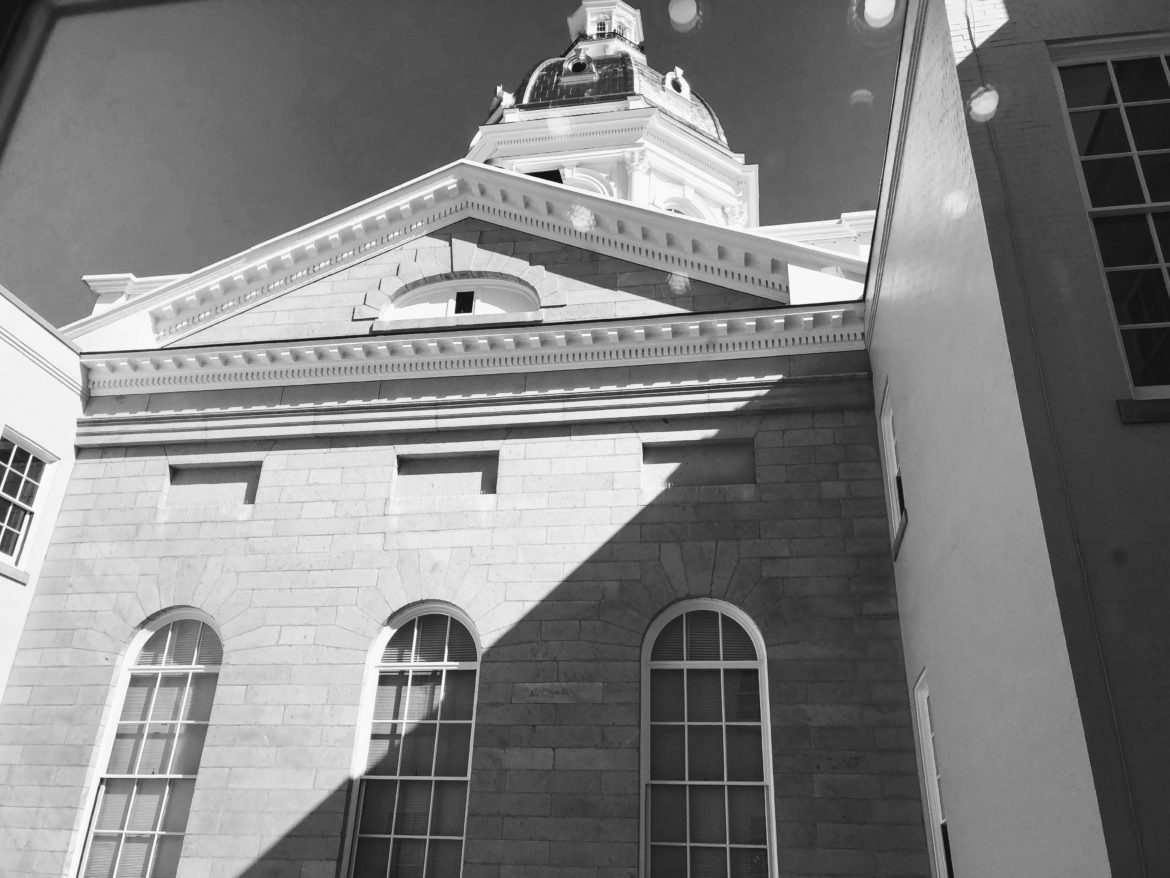By GARRY RAYNO, InDepthNH.org
CONCORD — Despite daily deaths, hospitalizations and new case records for COVID-19, state revenues continue to perform better than budget writers anticipated when they crafted the two-year operating budget 18 months ago.
The state’s revenue stream is a mixed bag with business taxes and real estate transactions producing more money than budget writers expected, while hospitality industry taxes continue to be negatively impacted by the pandemic.
Tax receipts for December were $224.4 million, which is $10 million above the budget plan for a balanced budget at the end of the biennium June 30, and $3.2 million more than a year ago.
For the first half of the fiscal year, the state collected $1.06 billion, which is $85.1 million above plan and $79.7 million more than a year ago. The end of the first half of a fiscal year, usually produces substantial business tax collections and this December is not an exception.
For the month, the state collected $133.6 million in businesses taxes, $4.5 million more than the budget plan, and $2.9 million more than a year ago.
For the first half of the fiscal year, the state received $392.3 million in business tax revenue, which is $65 million more than anticipated or 20 percent above plan, and $58.7 million more than a year ago.
According to Department of Revenue Administration officials, the increase is primarily due to a few large corporate extensions and tax notice payments, offset by a decrease in return and estimated payments and an increase in refunds.
They also said year-to-date collections are higher than anticipated due to the federal change in the tax deadline from April to July due to the pandemic.
The state’s hot real estate market continued in December as the real estate transfer tax produced $18.9 million, or $6.3 million more than estimates. For the fiscal year, the levy has produced $105.8 million, which is $13.5 million above the budget plan, and $7.3 million more than a year ago.
The tobacco tax also continues to produce more money than anticipated due to the ban on menthol and other flavored cigarettes in Massachusetts and that fewer people are quitting smoking in the pandemic, DRA officials told legislative budget writers late last year.
The levy produced $22.5 million in December, which is $7.8 million above the plan, and $7.4 million more than a year ago.
For the first half of the fiscal year, tobacco taxes produced $130.5 million, which is $25.9 million above the revenue plan, and $27.1 million more than a year ago.
The state’s second largest revenue source, the rooms and meals tax continues to perform below estimates due to the pandemic.
For December, which reflects November activity, the rooms and meals tax produced $22.5 million which is $5 million below what budget writers anticipated for the month, and $4.3 million less than a year ago.
For the year to date, the levy has produced $168.4 million, which is below plan by $45.6 million, and below last year’s revenues by $33.6 million.
According to the DRA, meals were down 19.1 percent and hotels were down 41.1 percent compared to December 2019.
Lottery and securities revenues, as well as the insurance tax and court fines were all slightly above estimates for December.
Liquor revenues, and the interest and dividends, communications and utility property taxes were all below estimates for the month.
The highway fund was also below estimates as the gas tax is producing less than anticipated due to the pandemic which has slowed travel, but vehicle registrations are better than anticipated.
Through December the highway fund produced $121.9 million, which is down $4.3 million or the first half of the fiscal year.
The Fish and Game fund has seen an increase for this fiscal year as people participate in activities outdoors.
Through December, the fund produced $7.5 million, which is $1.8 million above the revenue plan for the year, and $5 million more than a year ago,
According to the state’s Comprehensive Annual Financial Audit released last month, the state ended the 2020 fiscal year with a $81.5 million deficit, which is less than anticipated in the midst of the pandemic.
The deficit will have to be filled this fiscal year to have a balanced budget at the end of the biennium June 30, which may be possible with better than anticipated revenues for the first half of the year.
Last summer, the House Ways and Means Committee estimated the revenue shortfall would be from $230 million to $395 million for fiscal year 2021.
In October, Sununu said his office believes the shortfall would be $355 million for 2021.
Garry Rayno may be reached at garry.rayno@yahoo.com.





